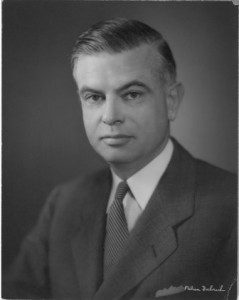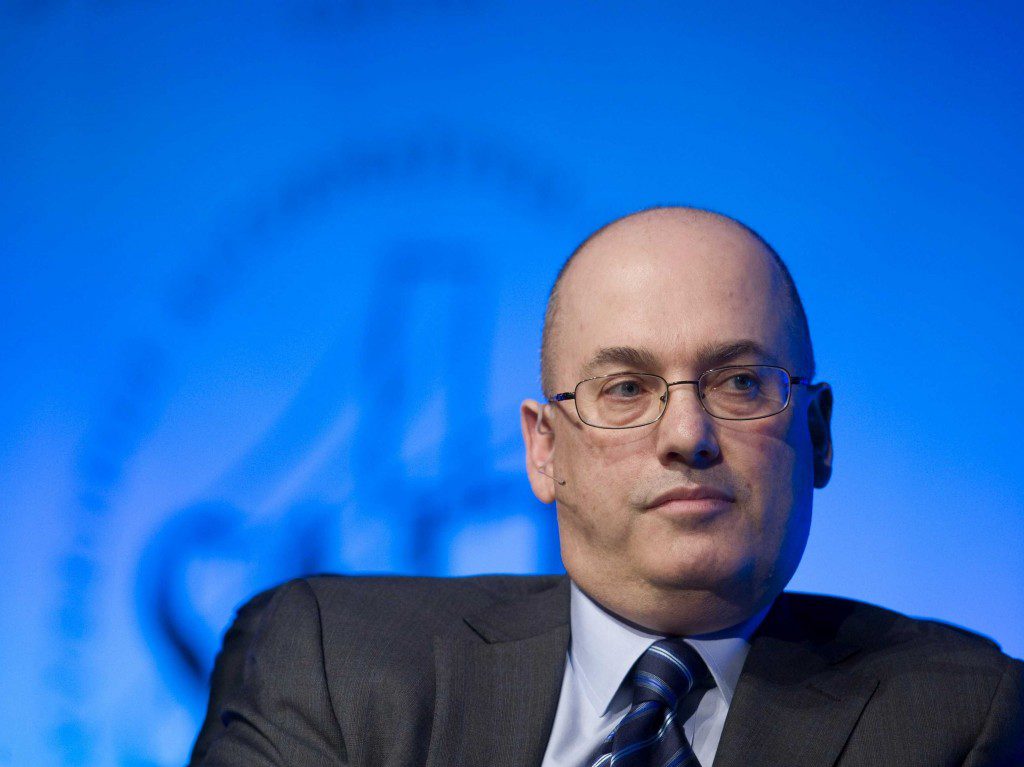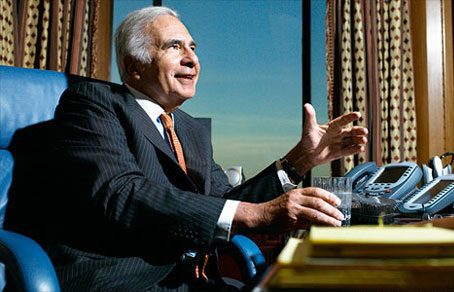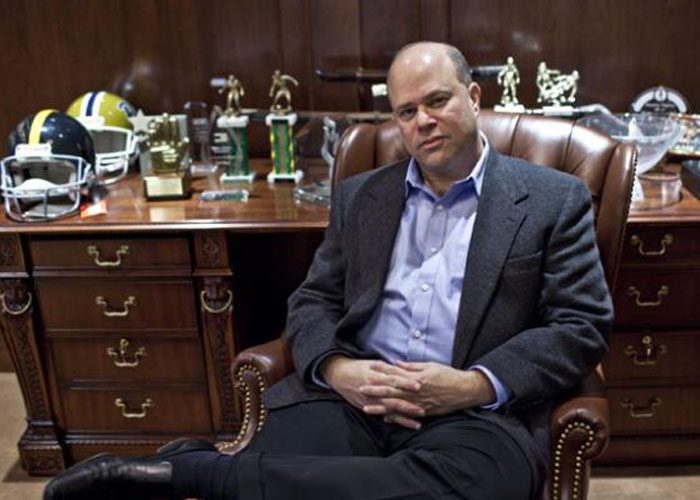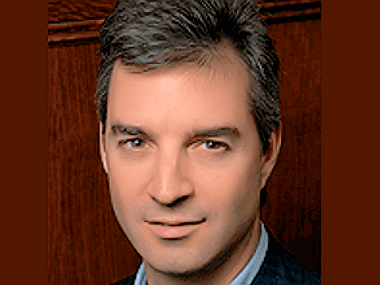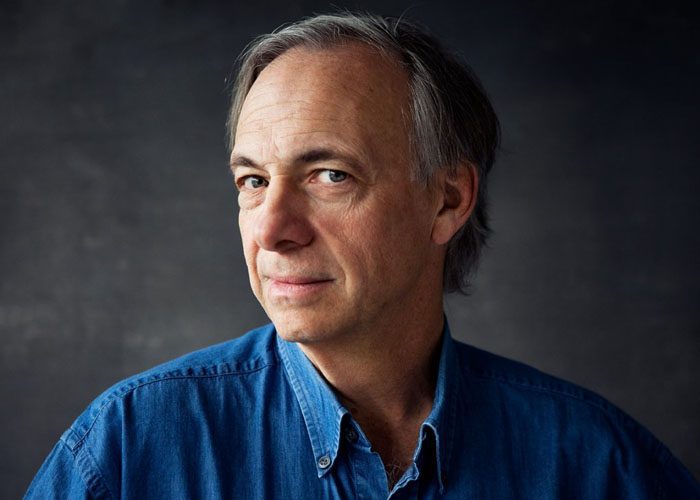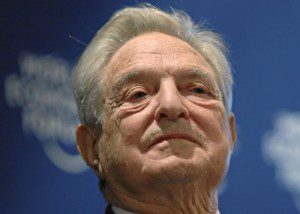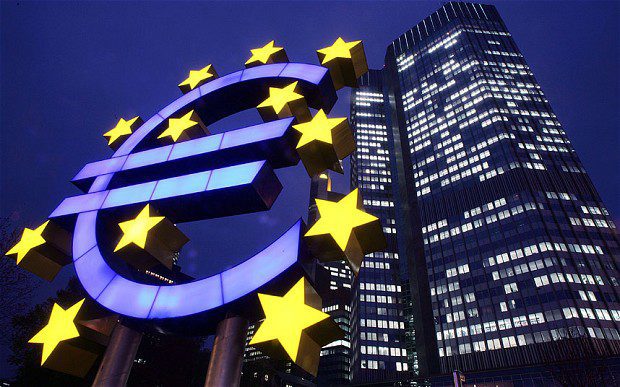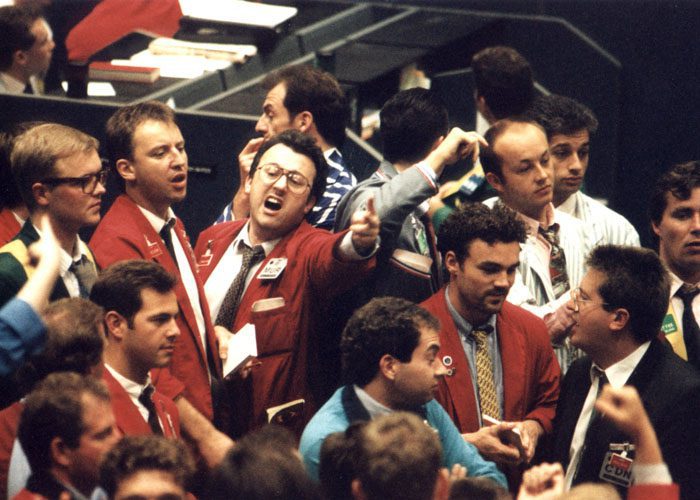The hedge fund industry is a very personality-led business, from the innovations of Alfred Jones and Julian Robertson to the modern day exploits of high-profile managers such as Carl Icahn and Ray Dalio. In many cases, the fund manager is the hedge fund, and without their hands on the tiller, the fund would collapse under the weight of investor underconfidence. Here, we shall take a look at some of the most famous hedge fund managers of all time, their successes and failures, and the innovations that they brought to the industry.
Alfred Jones
Although opinions vary, accepted wisdom has it that sociologist and Fortune magazine columnist Alfred Jones is the true father of the modern hedge fund. Although he is widely credited with originating the term, having described his pioneering investment vehicle as a ‘hedged fund’, his structural innovations have arguably had a greater long term impact on the investment industry. The Australian-born sociologist and fund manager moved to the USA as a young child, and went on to graduate from Harvard n 1923 before joining the staff of Fortune magazine in the early 1940s.
Jones’ Eureka moment came in 1948 when he was asked by his employers to write about current investment trends. This experience inspired him to get directly involved in the investment industry, and with $40,000 of his own money he set up his own fund based on the principle of long/short equities pairs trading, which had been around since the 1920s. However, he combined this principle with three other principles that went on to form the bedrock of the hedge fund industry, namely the use of leverage to magnify the returns of these less risky trades, the establishment of a two-tier compensation scheme involving a fixed low percentage of assets under management as an annual management fee coupled with a higher percentage as a performance-related fee based on the profitability of the fund, and the structuring of the fund as a limited partnership rather than a general partnership.
Julian Robertson
Although Jones’ hedge fund model would gain considerable traction among investors throughout the 1950s and ’60s, the bear market of the late sixties and early seventies soured investors on the concept of leveraged investment funds. However, when the financial tide came back in during the Big Bang of the 1980s stock market, this model suddenly regained its appeal.
Pivotal to this sea-change was the remarkable performance of Julian Robertson’s Tiger Fund, which was highlighted in an article published in Institutional Investor in 1986. At this point, the Tiger Fund was outperforming comparable mutual funds to a staggering degree, and the publication of the article highlighting this remarkable double-digit success was to open the floodgates for a new wave of hedge fund investment.
Robertson started the Tiger fund in 1980 with $8 million in start-up capital, and by the peak of this fund’s performance in the late 1990s, the fund was worth over $22 billion. Robertson’s approach to investing was a simple one – or at least, that’s how he liked to portray it. He describes it as follows:
our mandate is to find the 200 best companies in the world and invest in them, and find the 200 worst companies in the world and go short on them. If the 200 best dont do better than the 200 worst, you should probably be in another business.
The success of the Tiger Fund saw billions of dollars flow out of the mutual fund industry into the burgeoning hedge fund industry, which was at the time going through a dramatic evolution from a single-strategy space into one that encapsulated a wide variety of strategies aimed at achieving absolute returns, aided by the comparative lack of regulation in comparison to mutual funds.
Steven Cohen
As the old saying goes, you can’t make an omelette without breaking a few eggs, and Cohen is one of the foremost egg-breakers on Wall Street. Before his record-breaking fine for insider trading in 2013, Cohen was one of the most prolific hedge fund managers in the world, and despite his conviction, he remains in charge of SAC Capital Management, one of the biggest and best-performing hedge funds in the world. As one of the industry’s leading lights, he is not shy about charging for his services, and his management and performance fees are among the highest in the industry, but he has the track record to justify it – and plenty of investors who continue to believe in him.
Carl Icahn
At 77, Carl Icahn remains near the summit of the hedge fund industry. In 2012, his hedge fund posted the second-highest returns in the world, and his activist positions in companies as large as eBay, Apple, and Dell make him one of the most influential figures in the tech sector.
David Tepper
Anyone that doubts the efficacy of the distressed-investment hedge fund strategy should take a look at David Tepper, currently the best-performing hedge fund manager in the world with net returns just shy of 30% in 2012. Even more remarkably, he has been consistently achieving this type of returns by making well-timed bets in undervalued securities since 1993.
Daniel Loeb
One of the biggest growth areas for hedge funds has been the emergence of event-driven strategies, and Daniel Loeb has been one of the most successful proponents of this approach in recent times. In a period when hedge funds have struggled to make big returns, his aggressive stances as an activist investor have reaped huge returns for investors in funds managed by his fund management firm Third Point. Perhaps one of his most high-profile successes in recent times has been his efforts as an activist investor in ailing web giant Yahoo, where he was largely behind the downfall of CEO Scott Thompson, who was revealed to have lied on his CV, and the installation of former Google exec Marissa Mayer in his stead. His activism has also seen his fund make huge profits from upheavals at Murphy Oil and vitamin supplement firm Herbalife over the past couple of years.
David Shaw
Not all hedge fund managers are dedicated finance professionals, and the benefits of having a multi-disciplinary approach are clearly evident in the success of Professor David Shaw.
Shaw is best known as a scientist, holding a PhD in Computer Science from Stanford University. He made his fortune in the 1990s by using state-of-the-art computer networks to exploit inefficiencies in financial markets, which led Fortune magazine to dub him “King Quant” and describe him as “the most intriguing and mysterious force on Wall Street”. These days, he has given up his day to day involvement in the markets, although his investment firm D.E. Shaw & Co remains one of the top 10 hedge funds in terms of performance, and he has turned his attention to computational biochemistry and lecturing at Columbia University.
Ray Dalio
As far as hedge fund superstars go, they don’t get much bigger than Ray Dalio. His Bridgewater Associates is the biggest hedge fund management company in the world, with around $140 billion under management. Aside from this, he is essentially famous for two reasons – one, he correctly predicted the financial crisis of 2008, and two, his eccentric management philosophies have become the stuff of legend.
To his detractors, he is the corporate equivalent of Charles Manson, indoctrinating his employees with his own unique Darwinist worldview and indulging in strange rituals intended to mould them into his own ideal of the perfect investor. To his adherents, he is a corporate prophet, a Steve Jobs for the investment world whose teachings should be listened to far and wide. Whatever your viewpoint, there is no denying that the man knows a thing or two about economics and the markets, and despite some below-average performances from his funds in recent years, he retains the faith of more investors than any other fund manager.
George Soros
Along with fellow investor Jim Rogers, George Soros headed up perhaps the most infamous hedge fund of all time – The Quantum Fund – and remains one of the most recognised and respected voices in the investment industry.
It was just one trade that seared his name into the public consciousness as ‘the Man Who Broke the Bank of England’ – his large-scale shorting of the pound in 1992, which led to the UK having to withdraw from the European Exchange Rate Mechanism, and left him with a cool $1 billion in profits from a single day’s trading. While he was painted as a villain in the UK media at the time, the recent troubles in the Eurozone have led many to be retrospectively grateful for his role in keeping Britain out of the euro. Even at the age of 84, he continues to be active in the markets, continuing to run one of the world’s biggest hedge funds (Soros Fund Management), and scoring notable successes such as a large bet against the yen in 2012.
I am a writer based in London, specialising in finance, trading, investment, and forex. Aside from the articles and content I write for IntelligentHQ, I also write for euroinvestor.com, and I have also written educational trading and investment guides for various websites including tradingquarter.com. Before specialising in finance, I worked as a writer for various digital marketing firms, specialising in online SEO-friendly content. I grew up in Aberdeen, Scotland, and I have an MA in English Literature from the University of Glasgow and I am a lead musician in a band. You can find me on twitter @pmilne100.































